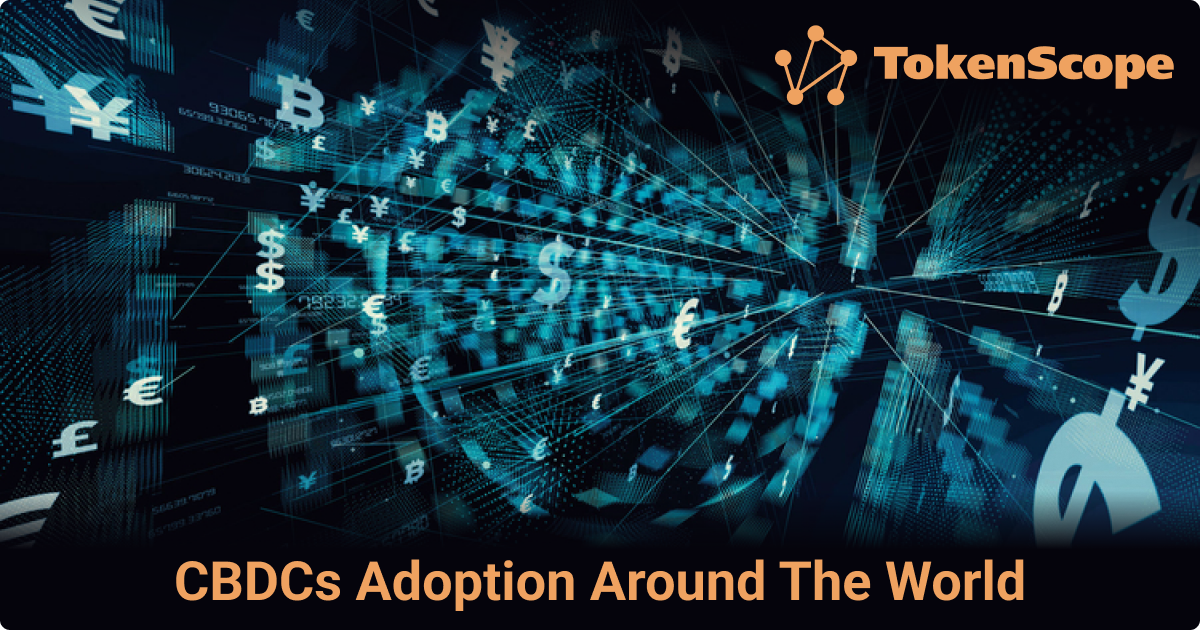Crypto regulation in the world: weekly digest #53

USA
In a significant development for the cryptocurrency industry, Ripple Labs has achieved a major victory in its legal battle against the U.S. Securities and Exchange Commission (SEC) regarding the classification of its digital asset, XRP. The ruling by U.S. District Judge Analisa Torres marks the first win for a cryptocurrency company in a case brought by the SEC.
The SEC filed a lawsuit against Ripple Labs in December 2020, alleging that the company had violated securities laws through the sale of XRP, which the SEC considered to be an unregistered security. The outcome of this case has been closely watched by the crypto industry, as it could have significant implications for the regulatory treatment of digital assets.
The recent ruling by Judge Analisa Torres delivered a partial victory to Ripple Labs. The court ruled that the sale of XRP on cryptocurrency exchanges does not constitute an investment contract, which is a key element in determining whether a financial instrument is a security. However, the SEC didn’t suffer a complete loss as the court found that Ripple’s $728.9 million of XRP sales to hedge funds and other sophisticated buyers can proceed to trial. Therefore, the victory is partial because the case is not yet fully resolved, and there are still legal matters to be resolved.
The court's decision has broader implications for the entire cryptocurrency industry. It provides a boost of confidence to other digital asset projects and companies facing similar regulatory challenges, especially Binance and Coinbase. The ruling suggests that not all cryptocurrencies should be automatically classified as securities, and each case should be evaluated on its own merits.
The EU
The European Banking Authority (EBA) has published consulting report on guidelines for stablecoin issuers to comply with upcoming regulations. The EBA is emphasizing the importance of stablecoin issuers complying with the upcoming MiCA regulations and taking proactive measures to ensure compliance with the guidelines set by the European Union:
-
Compliance with MiCA Regulations: Stablecoin issuers are urged to anticipate and prepare for the Markets in Crypto Assets (MiCA) regulations set by the European Union. These regulations establish governance and reserve requirements for cryptocurrencies tied to the value of other assets.
-
Immediate Measures: Stablecoin issuers should take immediate measures to ensure compliance with the new EU crypto regulations, which will come into effect in 2024.
-
Preparation and Adoption: The EBA encourages stablecoin issuers to start preparing for the forthcoming MiCA regulations and voluntarily comply with the guidelines. Early adoption of stablecoin standards is recommended.
-
Technical Standards: The EBA is consulting on draft technical standards for the EU market access of issuers of asset-referenced tokens (ARTs) under the MiCA regulation. These standards aim to regulate the access to the EU market by applicant issuers and those intending to exercise.
International scope
The Bank for International Settlements (BIS) has published a report on the key elements and risks of the crypto ecosystem. The report reviews the key elements of the crypto ecosystem and assesses its structural flaws.
As all of the reports of that kind it highlights several risks associated with the crypto ecosystem, including:
-
Market volatility: The crypto ecosystem is highly volatile, with prices fluctuating rapidly due to factors such as market sentiment and regulatory changes.
-
Market manipulation: The lack of regulation in the crypto ecosystem makes it vulnerable to market manipulation, such as pump-and-dump schemes.
-
Cybersecurity risks: The crypto ecosystem is vulnerable to cyber attacks, which can result in the theft of cryptoassets.
-
Consumer protection risks: Consumers are at risk of losing their investments due to scams, fraud, and other forms of misconduct.
-
Regulatory risks: The lack of regulation in the crypto ecosystem makes it difficult for regulators to protect consumers and maintain market integrity.
According to the Report the crypto ecosystem has several structural flaws that make it unsuitable as a monetary system. The report argues that cryptocurrencies have done little to challenge the hegemony of central banks in providing a unit of account for the economy. Stablecoins must import the credibility of central bank money, which is highly revealing of crypto's structural shortcomings. They are often less stable than their issuers claim, showing that they are at best an imperfect substitute for sound sovereign currency.
Fragmentation of the crypto ecosystem is it’s another structural outflow according to the report. The crypto ecosystem is characterized by congestion and high fees, which lead to fragmentation. Despite an original ethos of decentralization, crypto and decentralized finance (DeFi) often feature substantial de-facto centralization, which introduces various risks.
The main conclusion the BIS makes on the crypto ecosystem is that its structural flaws make it unsuitable as a monetary system. The report also acknowledges the potential benefits of central bank digital currencies (CBDCs) and provides a positive assessment of their potential to improve the efficiency and resilience of the financial system.
News from other countries:
-
The International Monetary Fund (IMF) has once again identified climate change and decentralized autonomous organizations as potential threats to the Republic of Marshall Islands. Therefore, the IMF urges reforms in light of these challenges.
-
The Russian Central Bank is ready to start “Friends-and-Family” tests on the digital ruble in August as Russian Parliament approved a key piece of the CBDC legislation.
-
Major investment funds Bitwise, WisdomTree and Invesco have applied once again for the Bitcoin-ETF.
We continue to highlight the news of the world of crypto regulation worldwide. Please stay with us!




